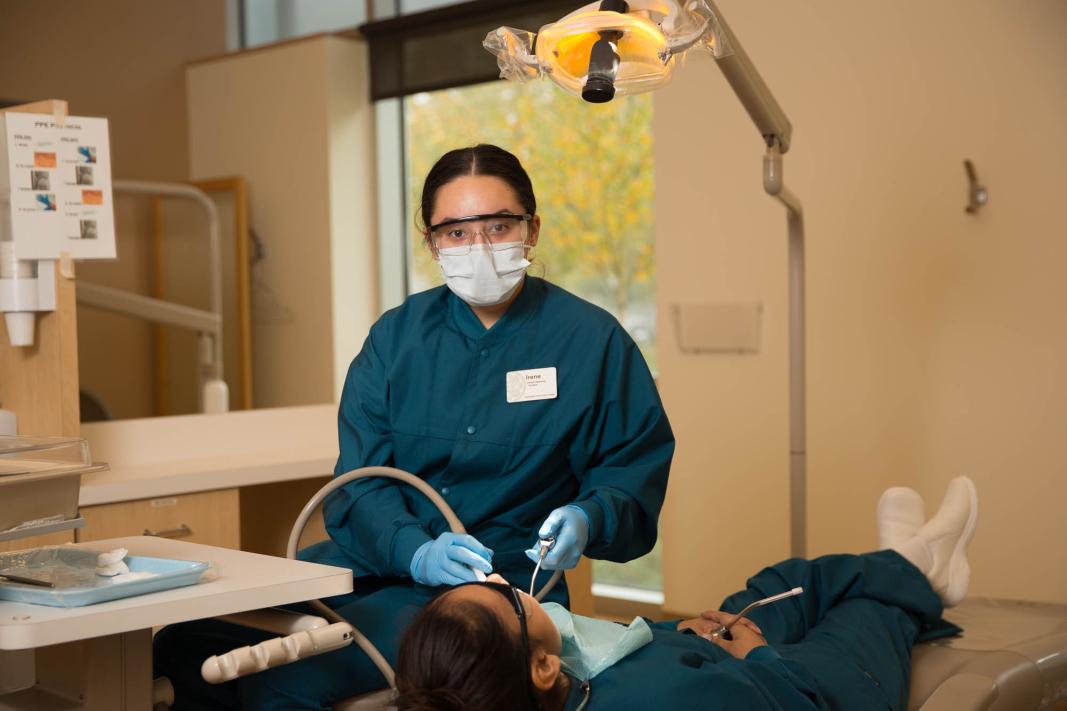How Will AI Impact the Future of Dentistry and What Should Dentists Do to Prepare?
Artificial intelligence (AI) is rapidly changing the world as we know it, and the dental industry is no exception. From diagnosis and treatment planning to patient education and communication, AI is already having a major impact on the way dentists practice. And as AI technology continues to evolve, its influence on dentistry is only going to grow.

AI In Dentistry: Current Applications And Future Trends
AI is already being used in a variety of ways to improve the quality and efficiency of dental care. Some of the most common current applications of AI in dentistry include:
- Diagnosis and treatment planning: AI algorithms can be used to analyze patient data and images to identify potential problems and develop treatment plans.
- Imaging and data analysis: AI can be used to analyze dental images and data to detect cavities, gum disease, and other oral health problems.
- Patient education and communication: AI-powered chatbots and virtual assistants can be used to provide patients with information about their oral health and treatment options.
In the future, AI is likely to play an even greater role in dentistry. Some of the potential future trends in AI-driven dentistry include:
- AI-powered robots performing dental procedures: AI-powered robots could one day be used to perform routine dental procedures, such as cleanings, fillings, and extractions.
- AI-enabled personalized treatment plans: AI could be used to develop personalized treatment plans for each patient, based on their individual needs and preferences.
- AI-driven preventive dentistry: AI could be used to identify patients who are at risk for developing oral health problems and to recommend preventive measures.
Benefits Of AI In Dentistry
The potential benefits of AI in dentistry are numerous. AI could help to:
- Improve the accuracy and efficiency of diagnosis and treatment planning: AI algorithms can analyze patient data and images more quickly and accurately than humans, which could lead to better outcomes.
- Enhance patient experience and satisfaction: AI-powered chatbots and virtual assistants can provide patients with information and support 24/7, which could improve their overall experience.
- Reduce costs and increase accessibility to dental care: AI could help to reduce the cost of dental care by automating tasks and making it more efficient. This could make dental care more accessible to people who cannot afford it currently.
- New opportunities for dental research and innovation: AI could be used to develop new treatments and technologies for oral health problems.
Challenges And Concerns Associated With AI In Dentistry

While AI has the potential to revolutionize dentistry, there are also some challenges and concerns associated with its use. These include:
- Job displacement and the changing role of dentists: As AI becomes more sophisticated, it is possible that some dental jobs could be automated. This could lead to job displacement and a change in the role of dentists.
- Ethical considerations and data privacy concerns: The use of AI in dentistry raises a number of ethical considerations, such as the use of patient data and the potential for bias in AI algorithms. It is important to develop ethical guidelines for the use of AI in dentistry and to protect patient data.
- Potential for AI bias and algorithmic discrimination: AI algorithms can be biased, which could lead to discrimination against certain groups of patients. It is important to ensure that AI algorithms are developed and used in a fair and unbiased manner.
- Need for regulatory frameworks and standards: The use of AI in dentistry needs to be regulated to ensure that it is safe and effective. Regulatory frameworks and standards need to be developed to govern the use of AI in dentistry.
How Dentists Can Prepare For The Future Of AI In Dentistry
Dentists who want to be prepared for the future of AI in dentistry can take a number of steps, including:
- Embrace lifelong learning and stay updated with AI advancements: Dentists need to be committed to lifelong learning and stay updated with the latest advances in AI and dentistry.
- Develop skills in data analysis and interpretation: Dentists need to develop skills in data analysis and interpretation in order to be able to use AI effectively.
- Collaborate with AI developers and researchers: Dentists should collaborate with AI developers and researchers to help develop and test new AI technologies for dentistry.
- Advocate for ethical and responsible use of AI in dentistry: Dentists need to advocate for the ethical and responsible use of AI in dentistry.
AI is poised to have a major impact on the future of dentistry. Dentists who are prepared for this change will be well-positioned to succeed in the years to come.
YesNo

Leave a Reply